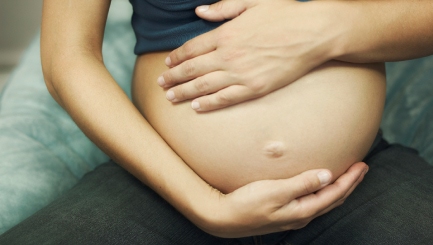
These multivitamins have been chosen because they contain the minerals such as folic acid, iron and calcium that are essential for both mum and baby.
Folic acid is also known as folate or B complex and plays a crucial role in the development of a healthy foetus by aiding in cellular growth and reducing the risk of birth defects such as spina bifida. Folic acid also reduces the risk of heart disease, nervous disorders and certain cancers in pregnant women.
During pregnancy, a woman should take 400mg of folic acid every day while also eating foods such as spinach, lentils, eggs and soya products that are rich in folic acid.
When you’re pregnant, you risk losing some of your bone density because your unborn baby takes the calcium from you to help its bones grow. A calcium deficiency puts you at risk of bone diseases such as osteoporosis and can cause heart disease and other health conditions.
Calcium-rich food such as dairy, fish, grains, cereals and green leafy vegetables are a great way to ensure you get enough calcium in your diet. Add spices and herbs such as coriander, cumin, mustard seeds, oregano and asafoetida to your food for another calcium boost.
Iron is an essential mineral for good health at any time but is particularly important in pregnancy. You need extra iron for your baby’s healthy development and so you stay healthy, too, because iron-deficiency anaemia in pregnancy can lead to premature births, low birth weight and potential stillbirth.
There are lots of iron-rich products that you can add to your diet to ensure you and baby stay healthy, including kidney beans, green beans, chickpeas and lentils, spinach and potato, raisins, almonds and dates.
Talk to your GP to get a comprehensive list of the prenatal vitamins and minerals that are essential for both of you.
